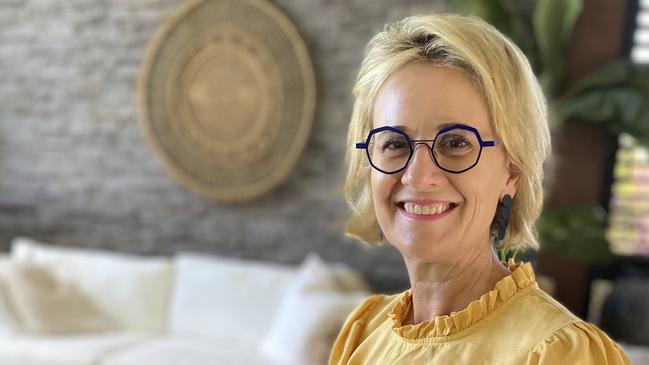Farmer mental health: the toll on our female farmers
The mental health toll on regional women is increasing, as many juggle farming, family, and their own health in isolation.
Regional women are increasingly shouldering the burden of caring for husbands and partners living with a mental health condition, while also at risk of depression and anxiety themselves.
And isolation – both geographical and psychological – plays a large role in the prevalence of mental health concerns among regional women, experts say.
The recent National Farmer Wellbeing Report 2023, which highlighted the incidence of mental health conditions among Australia’s farming community, showed more than 60 per cent of surveyed women had experienced anxiety, compared to less than 60 per cent of men.
About 30 per cent of surveyed women said their mental health had declined in recent years, compared to just over 20 per cent of surveyed men.
Women were also more likely to report depression and anxiety, while men were at greater risk when it comes to self-harm or suicide, the report showed.
Black Dog Institute chief scientist Samuel Harvey said this gender disparity in the regions was a consistent trend in recent years.
“This is partly because women tend to find it easier to reach out and get help for their symptoms, but it is also just because of the different actions men and women take should they experience suicidal thoughts,” Prof Harvey said.
Regional psychologist and mixed farmer Chantal Corish has spent 15 years working as a psychologist in regional Queensland, and works to connect regional women to talk about their wellbeing and mental health.
She said isolation played a huge role in the effects of a mental health condition on regional women.
“Women are very much left to their own devices. It can be lonely, and it can be tough,” Ms Corish said.
“The more remote you go, and we’ve seen the statistics on this … the more isolated you are, and also the less access you have to mental health services.

“For women, they’re very much carrying the burden of being a carer in the household, the nurturer because men are much less likely to think about taking care of themselves.”
Act for Ag founder and South Australian farmer Steph Schmidt said discussing female mental health was “quite complex”, given the many roles women played in the lives of their family and as farmers themselves.
Ms Schmidt is the founder of Navigate for Her, an online community uniting rural women struggling to juggle farming, raising a family, and the general pressures of life.
“They are caregivers and carers, but also need that support themselves. When I’ve been looking into it, it’s realising there hasn’t been much spoken about the mental health experience for women,” Ms Schmidt said.
“I’ve had quite a bit of response from people that haven’t felt seen.”
If you or someone you know is experiencing distress, call Lifeline on 131 114, or text 0477 131 114.





